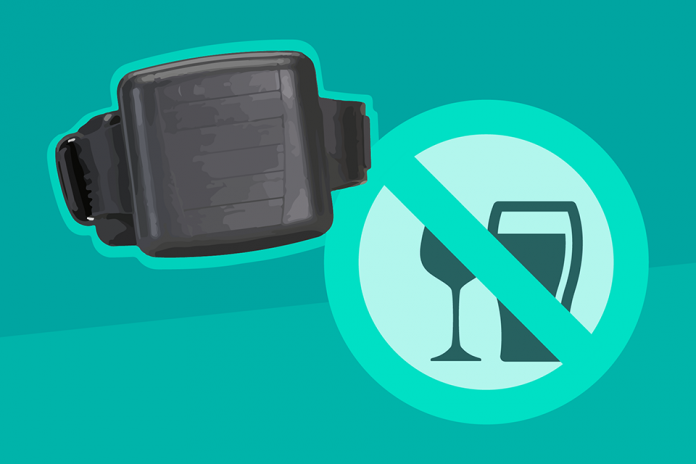- Tags in force from today in Wales, extended to England next year
- Tags will monitor compliance with alcohol bans handed down by courts as part of community sentences
- New technology will help tackle root cause of criminal behaviour to reduce reoffending
The tags monitor offenders’ sweat every 30 minutes and alert the probation service if alcohol is consumed. Not complying with their alcohol abstinence order – new powers allowing courts to issue drinking bans for up to 120 days – could see them back in court for further sentencing or facing fines.
It is the latest boost to the Government’s plans to make community sentences more robust, a tougher punishment while also making criminals less likely to reoffend. Last month, the Lord Chancellor set out reforms to make community orders stricter and expand the use of electronic monitoring.
Alcohol is a factor in around 39% of violent crime, with the social and economic cost of alcohol-related harm stretching to over £21 billion per year. It is seen as one of the driving influencers of domestic violence and unprovoked attacks on strangers. That is why the sobriety tags will be backed up by targeted professional support, signposting offenders to the help they need to improve their lifestyle and rein in their drinking. Referrals to treatment will continue to be made for those with more serious alcohol addictions who commit crimes.
Minister for Crime and Policing, Kit Malthouse MP said:
All too often we see the devastating effects of alcohol-fuelled behaviour, reckless crimes and casual violence which blight our neighbourhoods and the lives of too many victims.
This proven new tool can break the self-destructive cycle that offenders end up in, helping them sober up if they choose to and the courts to punish those who don’t.
The scheme follows two successful pilots in London and across Humberside, Lincolnshire and North Yorkshire which showed that offenders were alcohol free on over 97% of the days monitored. Wearers also reported a positive impact on their lives, wellbeing and behaviour.
At present, abstinence orders can last for four months but we are looking at whether they should be able to last longer as part of our sentencing reforms.
The tags alert staff when they have been tampered with and can distinguish between drinks and other types of alcohol – such as hand sanitiser or perfume. They work 24/7 and can also tell if someone tries to block contact between the tag and their skin.
Secretary of State for Wales Simon Hart said:
Alcohol can have a devastating impact on lives and figures show it is a key factor behind far too many crimes.
I am encouraged to see Wales at the forefront of implementing this new technology, which we believe will contribute towards lowering reoffending rates, making our streets safer and supporting those who need help.
The Government’s plans to overhaul sentencing will see dangerous offenders spend longer in prison, while greater efforts are made to tackle the root causes of offending. More support will be on offer for those willing to turn their back on crime through treatment for mental health issues and addictions. Supervision of offenders in the community will be improved with greater powers for probation officers and increased curfews. The Government also plans to use GPS tags to track burglars, robbers and thieves when they are released from prison.







